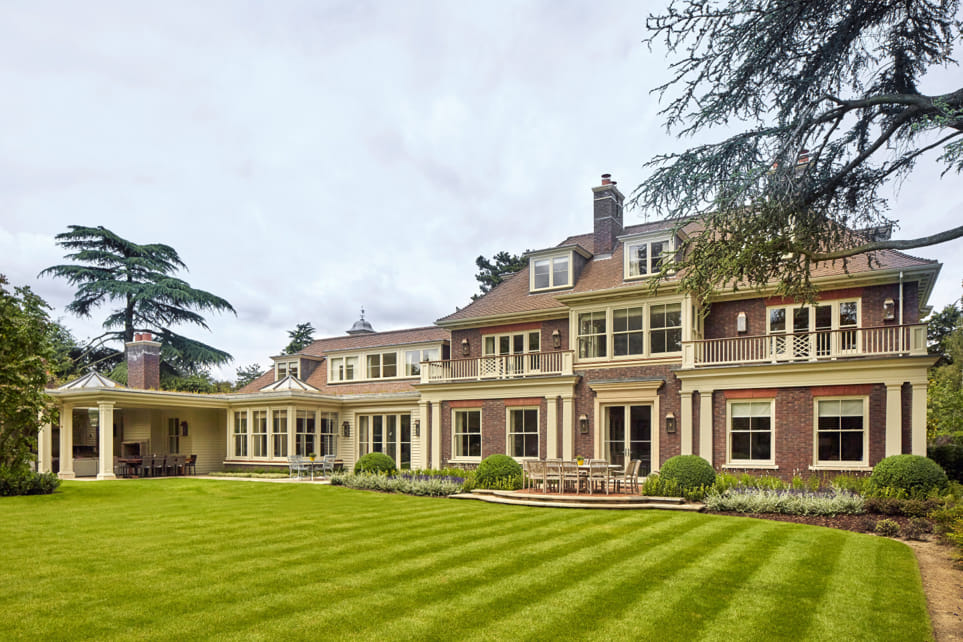Understanding Kingston Coombe Building Regulations: A Comprehensive Guide
Kingston Coombe, nestled in the heart of scenic landscapes and historic architecture, adheres to stringent building regulations to preserve its charm while fostering modern development. Whether you’re a homeowner, architects, or developer, navigating these regulations is paramount to ensuring compliance and the safety of structures within this picturesque locale.
1. Introduction to Kingston Coombe Building Regulations
Kingston Coombe, with its rich heritage and idyllic surroundings, implements building regulations to maintain its character and safeguard the integrity of its built environment. These regulations, administered by local authorities, encompass various aspects of construction, from structural integrity to energy efficiency and accessibility standards.
2. The Purpose of Building Regulations
The primary goal of building regulations in Kingston Coombe is to promote safety, sustainability, and functionality in all types of construction projects. By establishing minimum standards and guidelines, these regulations ensure that buildings meet essential requirements concerning structural stability, fire safety, insulation, ventilation, and more.
3. Key Components of Kingston Coombe Building Regulations
a. Structural Integrity: Builders must adhere to strict guidelines regarding the structural design and construction of buildings to withstand environmental forces and maintain stability over time.
b. Fire Safety: Regulations mandate the incorporation of fire-resistant materials, adequate escape routes, and firefighting provisions to minimize the risk of fire-related incidents and protect occupants.
c. Energy Efficiency: With a focus on sustainability, Kingston Coombe emphasizes the use of energy-efficient materials and technologies to reduce carbon footprint and enhance environmental performance.
d. Accessibility: Ensuring inclusivity, building regulations stipulate provisions for wheelchair access, ramps, and other facilities to accommodate individuals with disabilities, promoting equality and usability for all.
e. Health and Safety: From proper sanitation to adequate ventilation, regulations address various health and safety concerns to create habitable and hygienic living environments for residents.
4. Compliance and Approval Process
To commence construction or renovation projects in Kingston Coombe, obtaining regulatory approval is imperative. This typically involves submitting detailed plans and specifications to the local building control authority for review and approval. Compliance inspections may also be conducted at various stages of construction to ensure adherence to regulations.
5. Penalties for Non-Compliance
Failure to comply with Kingston Coombe building regulations can result in severe consequences, including fines, injunctions, or even demolition orders in extreme cases. It’s essential for property owners and developers to prioritize compliance to avoid legal repercussions and ensure the safety and legality of their structures.
6. Consulting Professionals
Navigating Kingston Coombe building regulations can be complex, requiring expert knowledge and guidance. Architects, structural engineers, and building control professionals play a crucial role in interpreting regulations, preparing compliant designs, and facilitating the approval process, ensuring seamless project execution.
7. Evolving Regulations and Sustainability
As societal priorities and environmental concerns evolve, so do building regulations in Kingston Coombe. Embracing sustainable practices, such as green building technologies and renewable energy solutions, is increasingly integrated into regulatory frameworks to promote eco-friendly development and mitigate environmental impact.
8. Conclusion
Kingston Coombe building regulations serve as a cornerstone for responsible development and preservation of its unique character and heritage. By upholding standards of safety, sustainability, and accessibility, these regulations safeguard the interests of both residents and the environment, ensuring a harmonious balance between tradition and progress in this charming locale. Whether embarking on a new construction venture or renovating an existing structure, adherence to these regulations is essential for creating spaces that are not only aesthetically pleasing but also safe, functional, and sustainable for generations to come.



Comments are closed